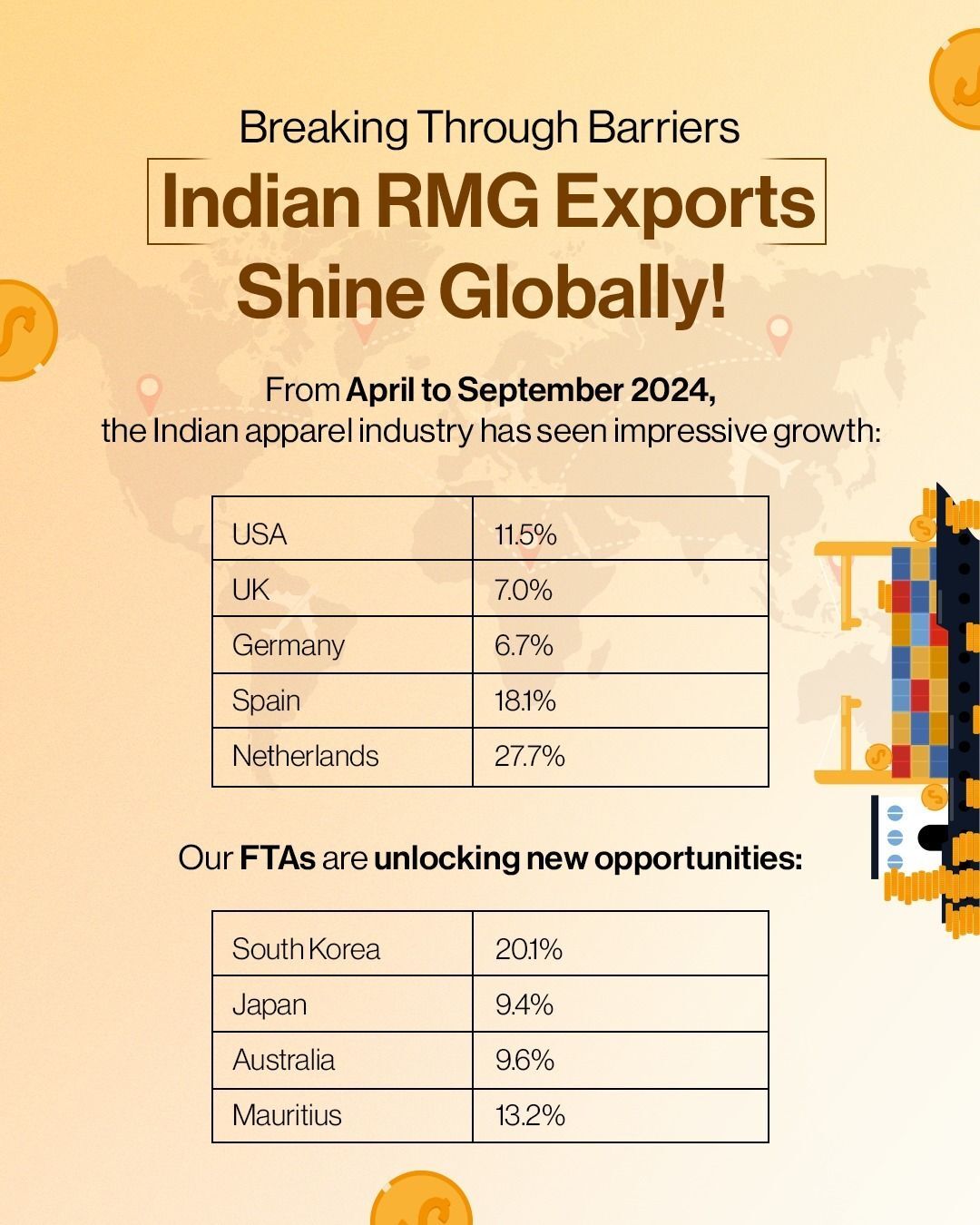The downturn in the global economy has led to a decline in Bangladesh's apparel exports, particularly to its largest market, the European Union, where receipts dropped by over 20 per cent in the past calendar year.
According to data from Eurostat, Bangladesh's RMG export earnings from the EU totaled €17.38 billion in 2023, marking a significant decrease of 20.65 percent from the 2022 earnings of €21.91 billion. Exporters attribute this decline to high inflation and rising interest rates globally, which have dampened consumer demand, resulting in an inventory glut in Western retail stores and a reluctance among buyers to place new orders.
Official figures from Eurostat indicate that both knitwear and woven wear exports from Bangladesh to the EU declined in 2023. Knitwear exports fell to €10.64 billion from €13.95 billion in 2022, while woven items earned €6.74 billion, down from €7.95 billion in 2022. Overall EU imports of apparel from the world also decreased by 16.22 per cent to €83.19 billion in 2023 from €99.29 billion in 2022.
Bangladesh's key competitors, China and Turkey, also experienced negative growth in their exports to the EU market in 2023. Largest market for Bangladesh's clothing exports, Germany witnessed a 17 per cent decrease in shipments last year, according to Md Shahidullah Azim, Vice President, BGMEA. He attributes this decline to increased inflation and interest rates due to ongoing wars, which have led to swelling apparel inventories and reduced-rate work orders from buyers.
Despite these challenges, Azim notes a slight improvement in retail sales in December, following Christmas, which has led to a decrease in inventory levels and raised hopes for a turnaround in the industry. He mentions an increase in inquiries and work orders from buyers in recent times, expressing optimism for increased exports from April onwards.
Fazlul Hoque, Former President, BKMEA, links the decline in shipments to sluggish demand amid the economic crisis. He acknowledges that factories faced reduced work orders, leading to early closures and an inability to work overtime.
Looking ahead, exporters anticipate a potential improvement in the work-order situation in the coming months, although the full effects may not be seen for another five to six months. Eurostat statistics show similar declines in apparel exports from China, Turkey, Vietnam, and India to the EU in 2023, reflecting a broader trend of decreased demand in the Western fashion market.












